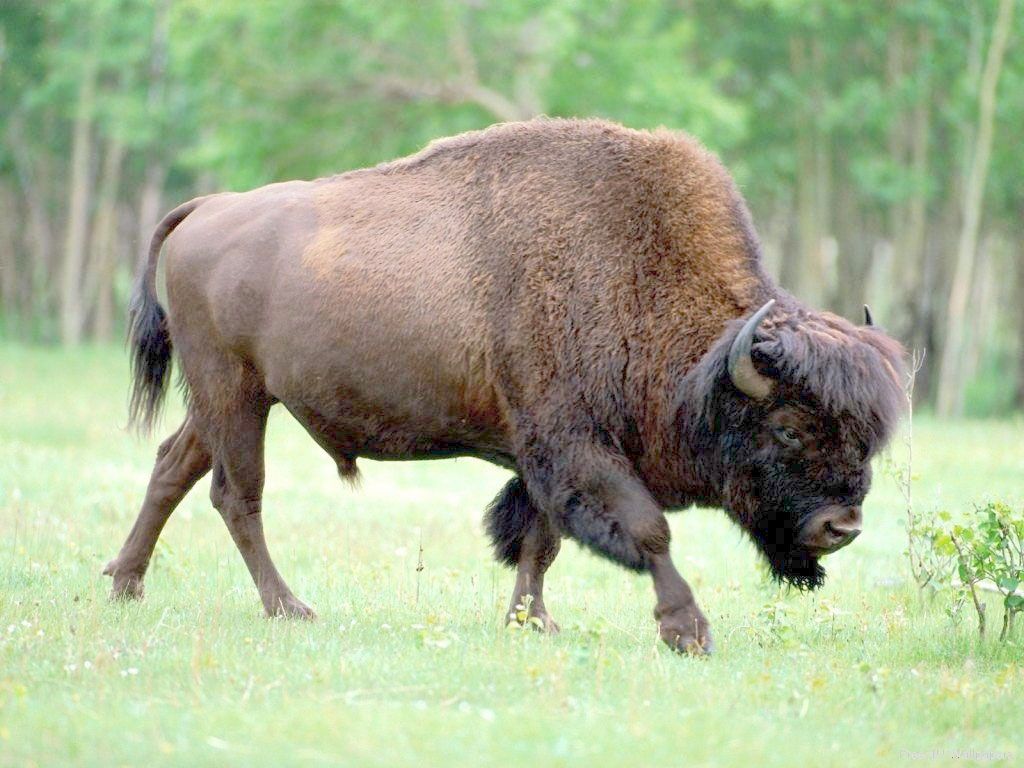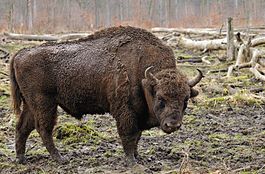Versions of why dinosaurs became extinct
A long time ago, many millions of years ago, there was not a single animal on our planet. Almost the entire surface of the Earth was covered with water, it was warm and damp. The first animals appeared in the water. These were bacteria and algae.
Then the first fish began to appear. Ocean waves threw algae onto land. Some of them got used to the sun and remained to live on land. Gradually, the fish began to crawl onto land. They learned to breathe, instead of fins they grew strong paws, on which it became convenient to move on the ground.
The time of “terrible lizards” has come on Earth. They were called dinosaurs. There were a huge variety of species of lizards. Smallest: Compsognathus was the size of a turkey. The longest: Diplodocus, this herbivorous lizard could serve as a real crane, its length reached 25 meters. The most ferocious: a tyrannosaurus, its teeth were 20 cm high. The heaviest: a barosaurus, its body weight was 80 tons (about 80 cars) and it ate 200 kg of food per day. For many years, dinosaurs reigned on Earth. And I became very, very interested in why these powerful giants did not live to see our time. I read a lot of encyclopedias and other books about dinosaurs and realized that there was no answer to this question. Scientists are still arguing, but none of them have proven their version. Therefore, I want to know which version is more plausible.
Version one. Meteorite fall
Perhaps a large meteorite fell on our planet or it collided with a comet, which crashed into the Earth and left a huge crater. This caused hurricanes, tsunamis and severe fires. A huge cloud of dust arose, which blocked the Sun for several months. This caused a strong widespread cooling. Dinosaurs did not have warm fur and could not hibernate, so they died from the cold. Conclusion: Dinosaurs died from the cold.
This assumption is supported by the abundance of a very rare metal on Earth in rocks of the earth dating back to dinosaur age (65 million years), which could have fallen onto it with a cosmic body and dispersed along with dust. However, a giant crater confirming this version has not yet been discovered. It also seems to me that this version is not correct because the cold snap was not so sharp. And dinosaurs could eventually adapt to the harsh conditions of the new climate, just as other animals adapted.
Version two. Heavyweight Dinosaurs
Dinosaurs over time became very heavy, huge and clumsy. The excess weight made it difficult for them to breathe. They had difficulty moving and could not even mate. The shells of the eggs became very thick and the hatchlings could not get out. Conclusion: Dinosaurs died because they stopped reproducing.
I think that this version is not correct, since even in our time there are large mammals, for example elephants, for which their weight does not prevent them from moving well on the ground. Regarding the thick shell, it seems to me that dinosaur parents could learn to help their babies escape to freedom. For example, a Tyrannosaurus rex could pick out shells with its knife-sharp teeth.
Version three. Extermination by mammals
A little later than the dinosaurs, new mammals began to appear on Earth. Small rodents multiplied very quickly and ate the eggs of terrible lizards, and the dinosaurs could not protect their young. There were fewer and fewer lizards. That is, rodents destroyed dinosaur eggs and their young faster than the dinosaurs could lay them. And eventually, the dinosaurs became extinct. Conclusion: Small rodents ate almost all the dinosaur eggs. It seems to me that this version is not entirely plausible, because then crocodiles, lizards, and other animals that also laid eggs would have been exterminated. But they survived and have survived to this day. Various rodents, even in larger numbers, still exist today. And they also eat the eggs of birds or other animals that lay them. But these animals and birds do not die out.
Version four. Volcanic eruption
Our Earth began to grow very quickly. The cause of the sudden death of dinosaurs could be a gigantic volcanic eruption that lasted several thousand years. It is believed that the bulk of the dinosaurs became extinct after the most powerful phase of the eruption, which splashed out a huge amount of lava. The rest died a little later as a result of powerful volcanoes flooding the land with streams of hot lava. A monstrous cloud of ash completely covered the sky. It blocked sunlight and heat for months, maybe even years. The atmosphere was poisoned by a huge amount of poisonous volcanic gases, and the soil was poisoned by acid rain. All this led to the death of plants, and then herbivores. The food chain was disrupted, and predators, left without food, also became extinct. Conclusion: Dinosaurs became extinct due to a volcanic eruption and disruption of the food chain.
I think this is the most plausible version. In order to learn even more about the life of dinosaurs, my mother and I went to the Paleontological Museum. There I learned a lot of interesting things about the origin, existence and extinction of ancient lizards. And I realized that not all dinosaurs went extinct, but most of them improved, that is, they evolved into modern animals. For example, a huge indricotherium is the ancestor of the rhinoceros; it ate leaves high on the trees, and at heart considered itself a bit of a giraffe.
It's hard to believe that Borisyakia was related to the horse. After all, she could not run fast because her hind legs were shorter than her front legs. She ate the leaves of the trees, hugging the trunk and standing on her hind legs. But the ancient crocodile is very similar to the modern one. And the ancient Archeoptix is also an almost exact copy of a modern bird. Therefore, I also suggested that during a volcanic eruption, dinosaurs that could fly could survive in the air, and lizards that lived in water could escape there. That is why they are so similar to the reptiles and birds we know.
I believe that relatives of dinosaurs live among us!



No comments here yet.